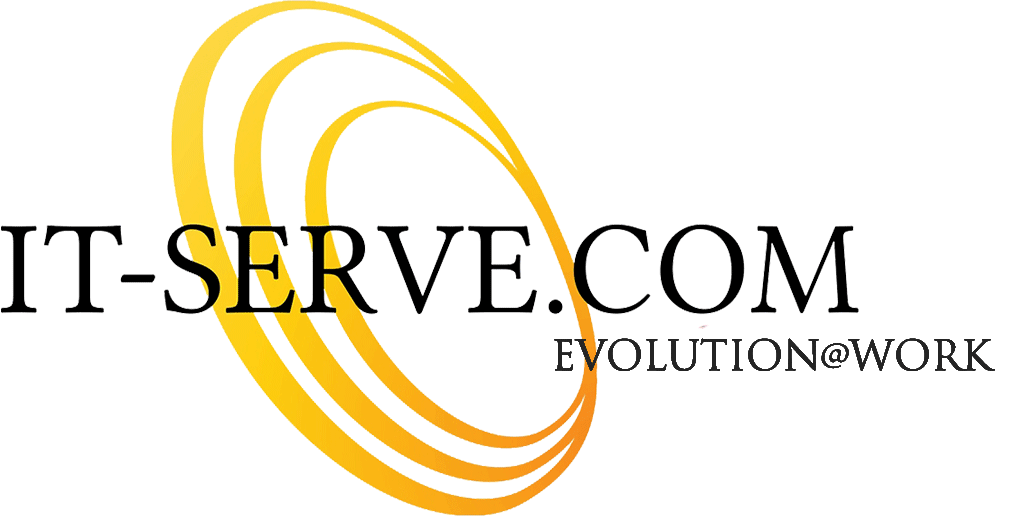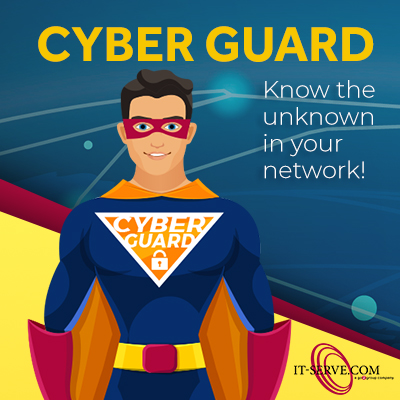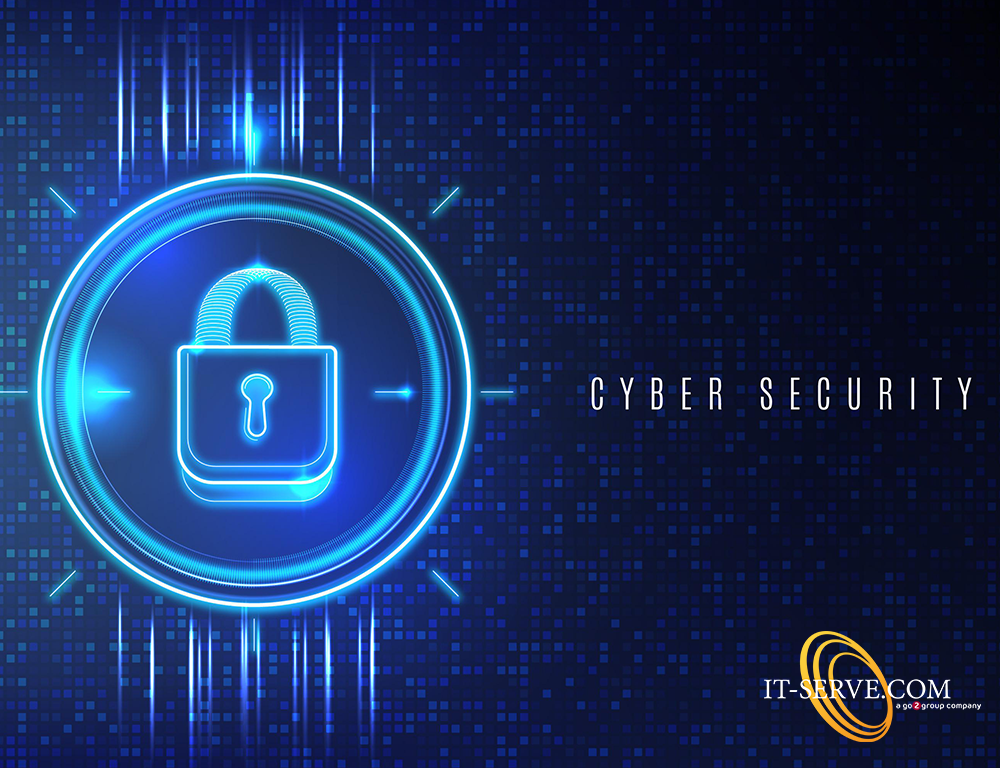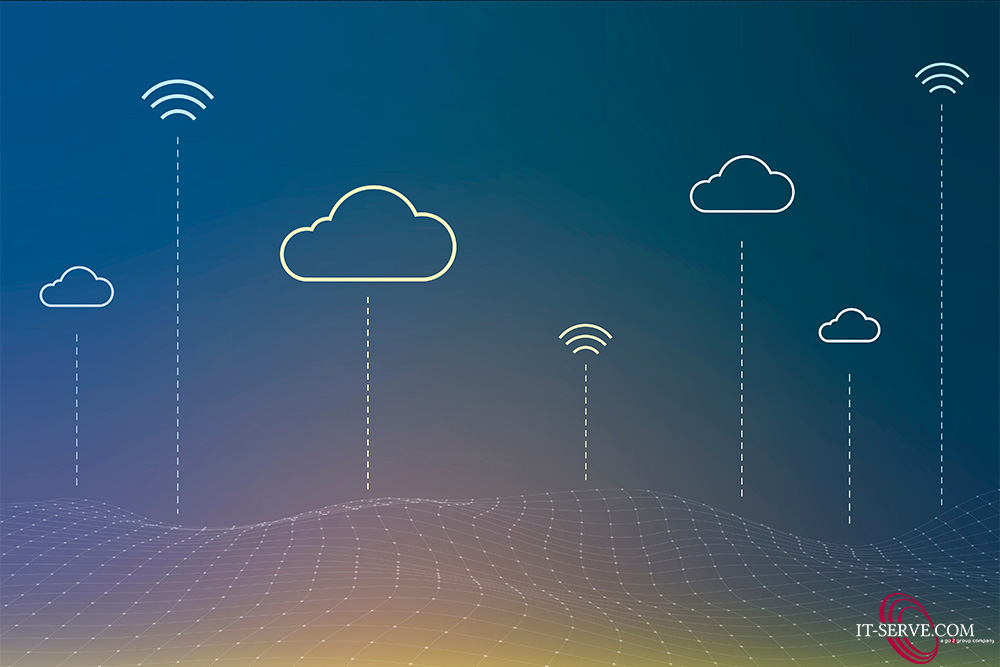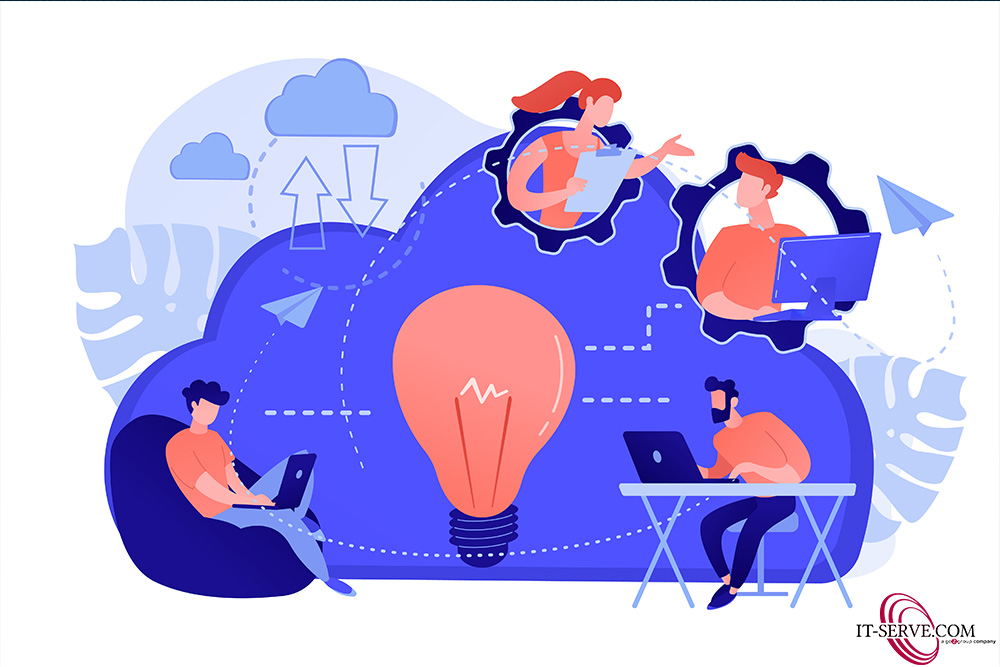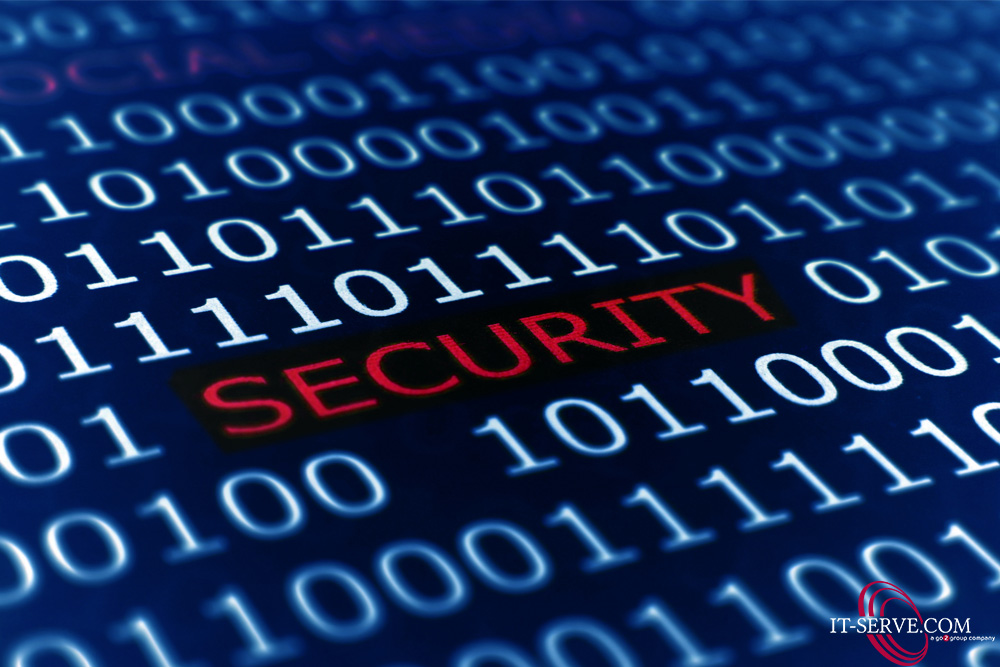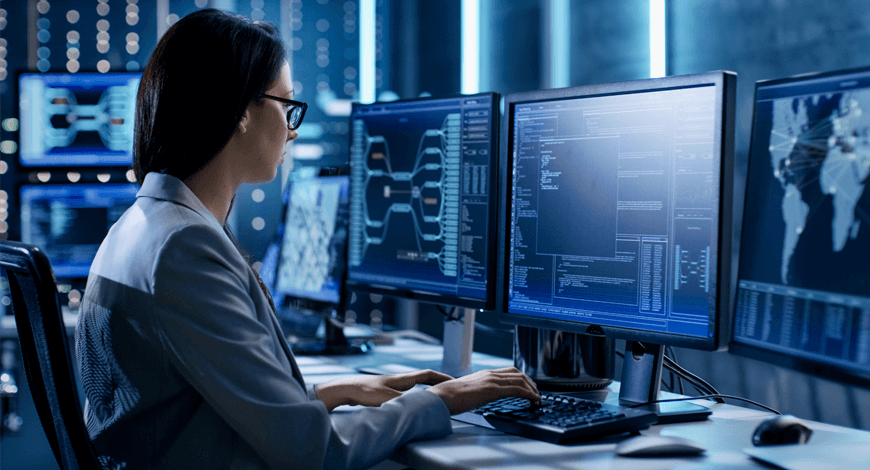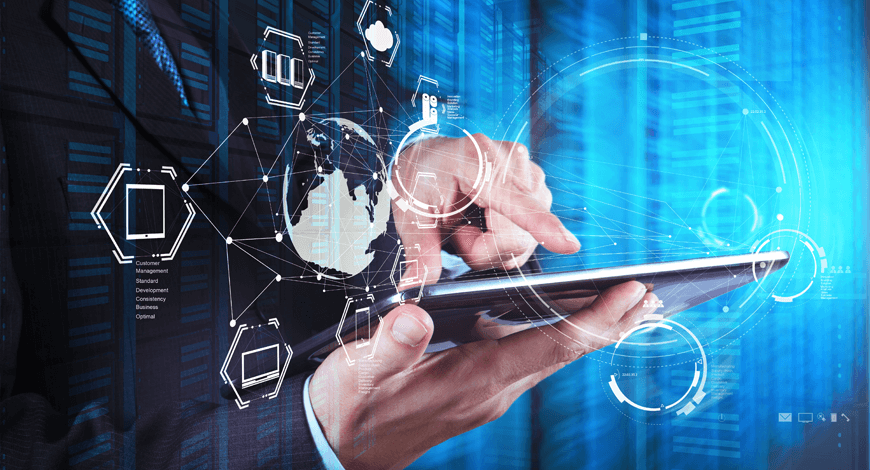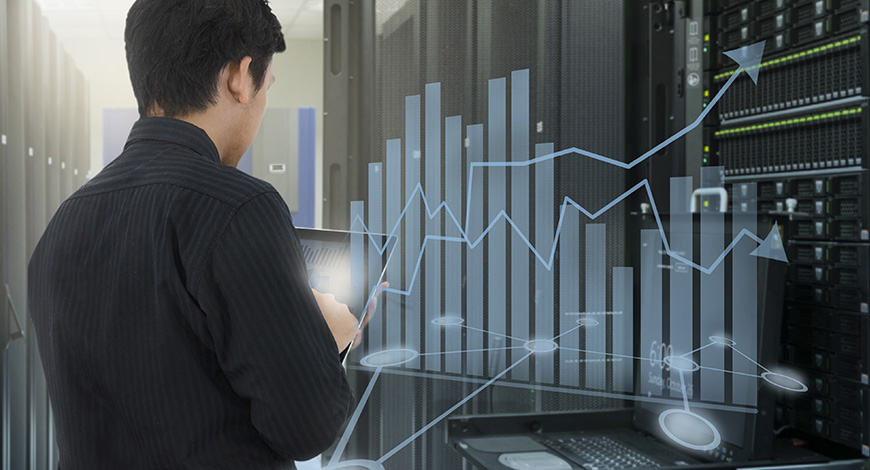
By now, it’s becoming common knowledge that cybercrime is an ever-present threat that can cause financial, reputational, and legal damages to businesses. Therefore, companies must have effective cyber readiness strategies in place to safeguard their assets and data. One vital tool that companies can, and should, use to enhance their security is multi-factor authentication (MFA). This authentication method goes beyond passwords and usernames to create an extra layer of protection, making it more difficult for cybercriminals to infiltrate systems and networks. In this blog post, we will explore what MFA is and why it is crucial for companies in the Middle East to use MFA as part of their cyber readiness strategy.
Passwords are no longer considered secure or adequate for providing sufficient protection in today's digital landscape. The rapid advancement of computing power and sophisticated hacking techniques has made it possible to brute force passwords within minutes, rendering traditional password-based security vulnerable. Passwords can be easily compromised through various means such as phishing, social engineering, and data breaches. As a result, there is an increasing need for more robust authentication methods, such as multi-factor authentication, biometrics, and password-less solutions, to enhance security and protect sensitive information in an ever-evolving threat landscape.
Multi-factor authentication comprises more than one verification step. It works by requiring users to provide two or more pieces of evidence to verify their identities, such as face recognition, fingerprints, or a generated one-time passcode. This way, even if a hacker manages to access a user's username and password, they won't be able to get through the added authentication layer.
One example of a Middle Eastern company that understands the significance of MFA is Gulf Bank. This Kuwait-based bank has implemented MFA to secure its customers' accounts. Through a mobile application, Gulf Bank's customers can receive a one-time passcode to verify their identity before proceeding with a transaction. This authentication tool ensures that only the customer has access to their bank account, increasing security.
Similarly, in October 2020, the UAE Banks Federation introduced guidelines requiring member banks to use MFA for transactions. With MFA, clients can securely access their bank accounts from any device and location.

Moreover, MFA is not a privilege reserved for large corporations, and even small and medium-size companies can use it to provide extra protection to their systems and data. For example, in the United Arab Emirates, the National Electronic Security Authority recommends MFA to all companies as part of their vetted cybersecurity framework.
In addition to boosting cybersecurity, MFA saves companies from financial losses related to data breaches. A report by Ponemon Institute and IBM Security shows that breaches that occurred due to stolen or compromised credentials were the most expensive, costing organizations an average of $4.77 million per breach. MFA helps reduce the risk of password theft, lowering the probability and economic cost of a breach.
To sum it up: multi-factor authentication is an essential tool for companies to improve their cybersecurity posture. As demonstrated by Gulf Bank, the UAE Banks Federation, and the National Electronic Security Authority, companies in the Middle East must implement MFA to protect their assets and data effectively. MFA adds an extra layer of defence to prevent bad actors from accessing users' accounts. Moreover, MFA can be an economical solution to decrease cybersecurity risks and mitigate data breaches' financial damages. It is time to embrace MFA as a critical part of cybersecurity and ensure a safer digital future.
